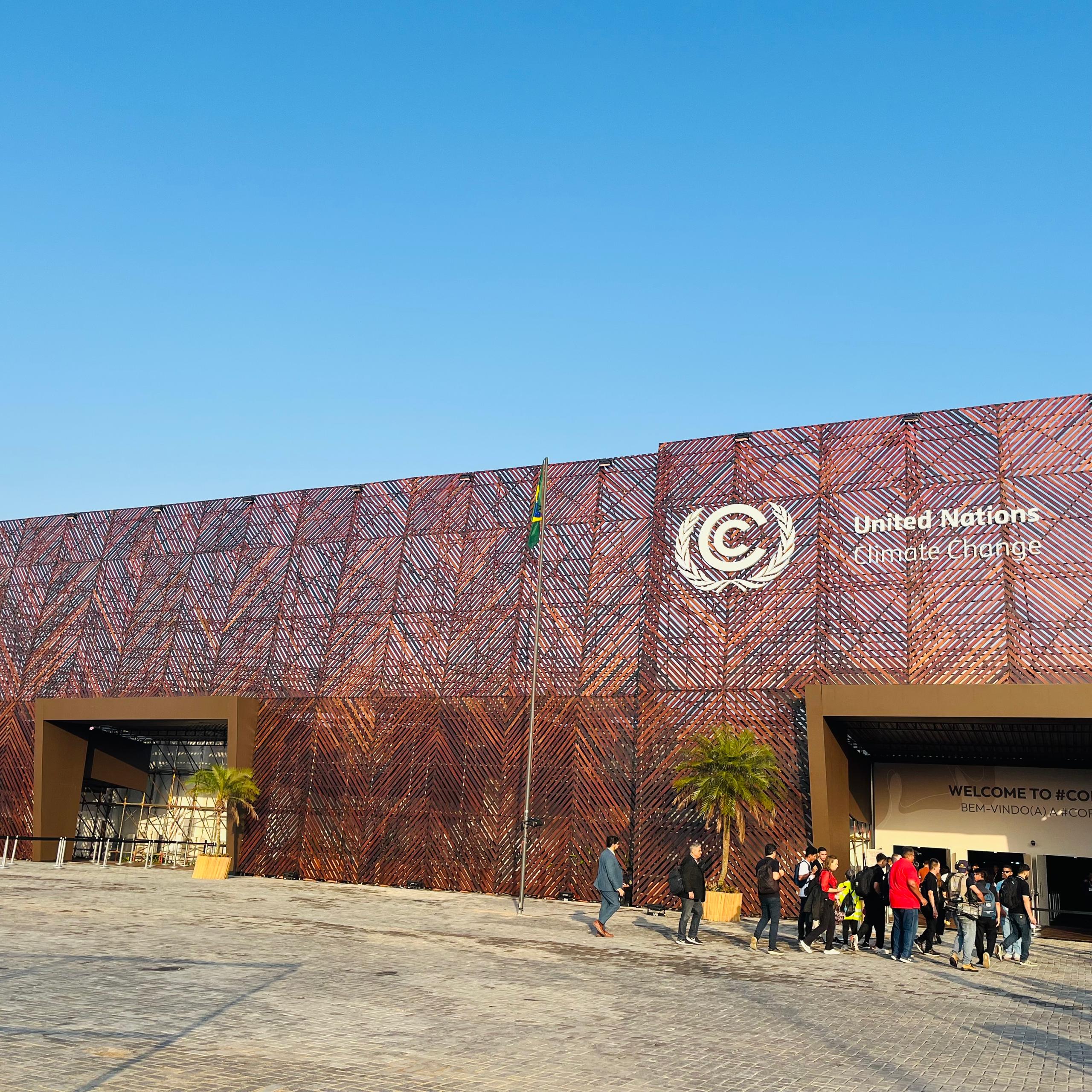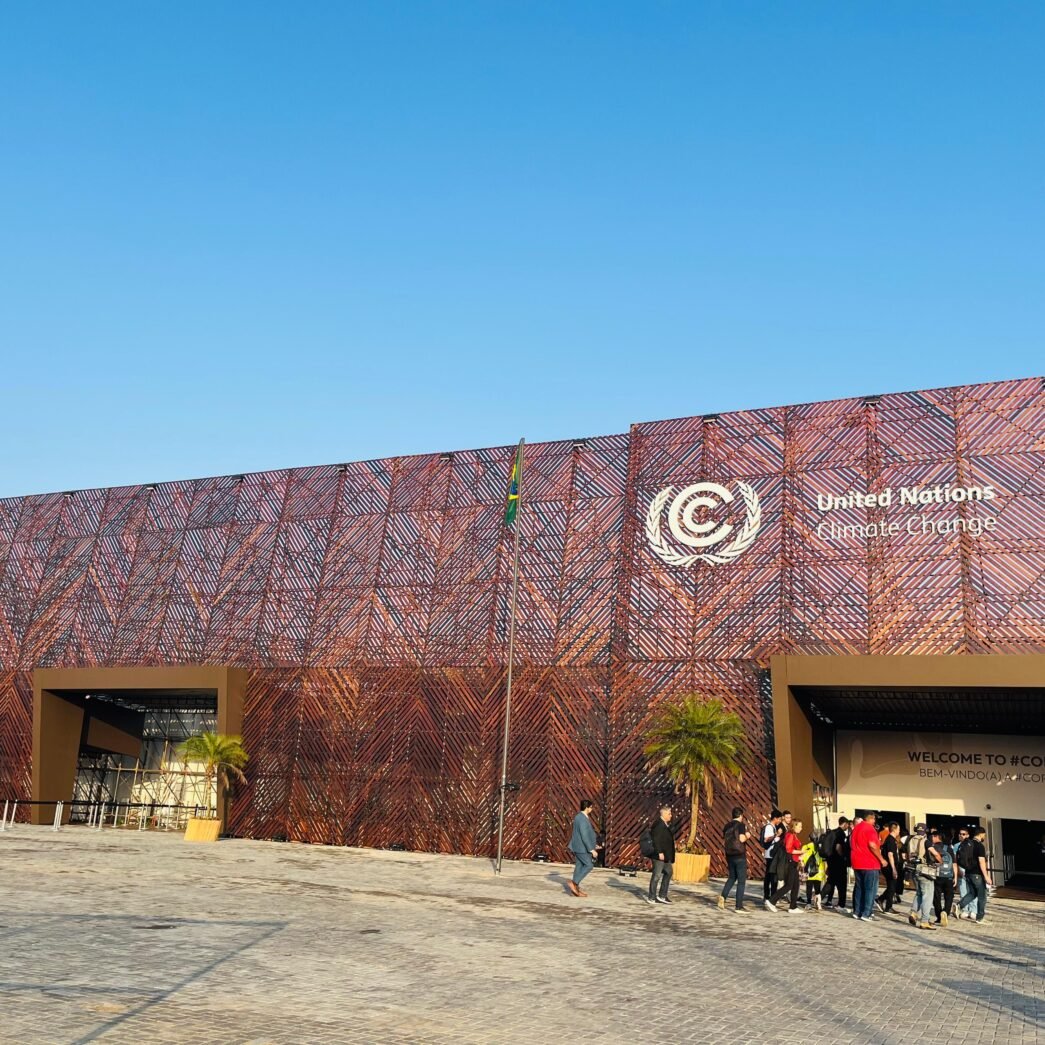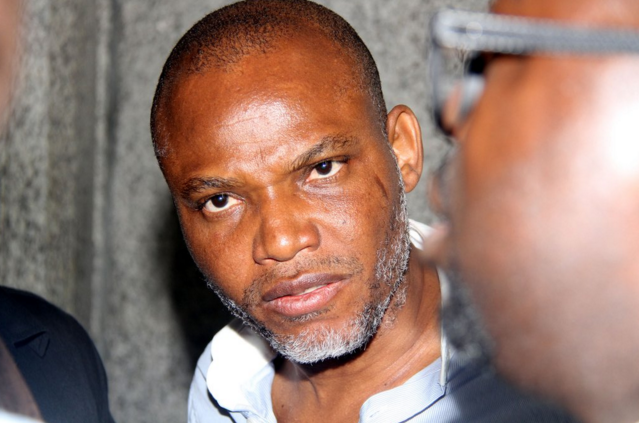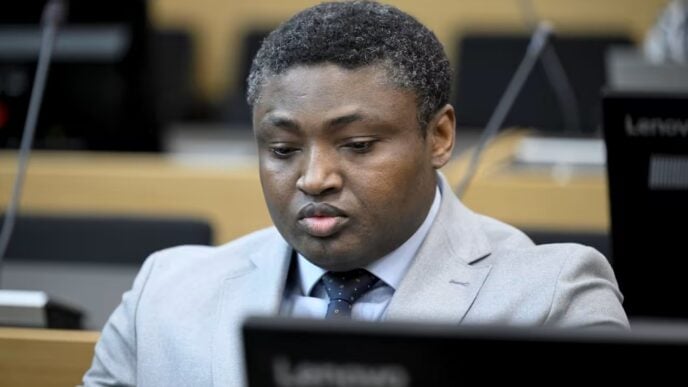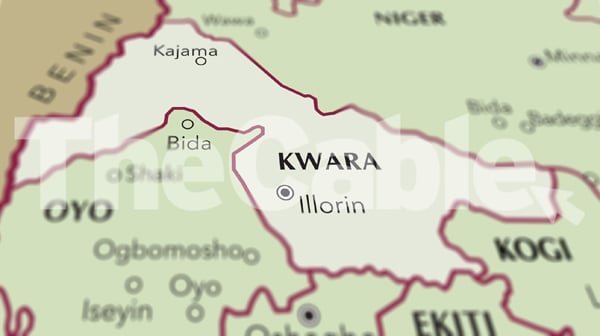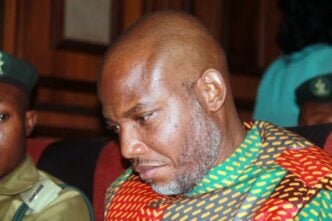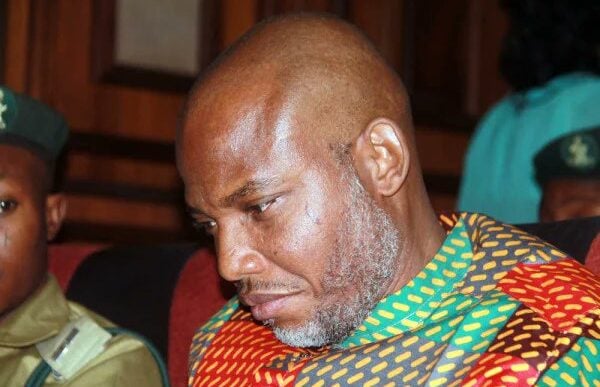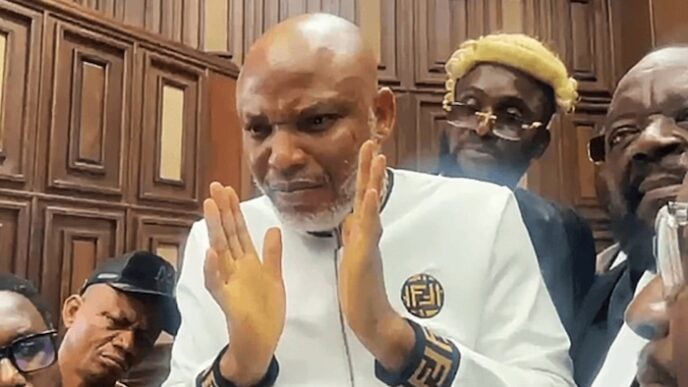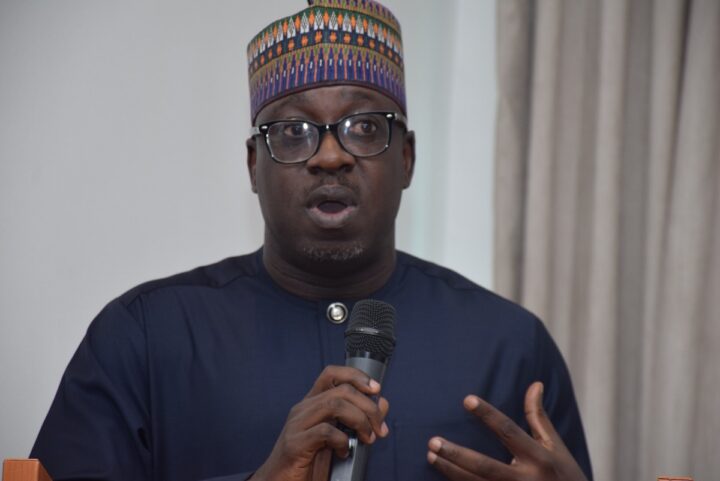
As COP30 in Brazil enters crunch time, a major fault line has emerged over when countries should adopt a set of global indicators to track progress on climate adaptation.
Some developing nations argue that rushing the process could undermine national sovereignty and weaken the adaptation framework.
The indicators — designed to measure how countries respond to droughts, floods, heatwaves and other climate impacts — form a core part of efforts to operationalise the Global Goal on Adaptation (GGA).
Advertisement
But negotiations have stalled as regions clash over the adoption timeline.
While several Latin American countries, including host nation Brazil, want the indicators approved at COP30 as a symbolic win for the region, many developing countries are pushing for postponement until COP32, which will be held in Africa.
A negotiator told TheCable that what began as a technical discussion “is becoming increasingly political as some developing countries feel pressured to adopt indicators that may conflict with domestic priorities and sovereignty”.
Advertisement
GROUP SEEKS DELAY OVER TECHNICAL ISSUES
Obed Koringa, climate policy adviser at CARE International, told TheCable that some countries in the G77+China group want more time to refine the indicators before they become formally adopted.
“The African Group is saying we need to postpone adoption until COP32 to ensure the indicators are aligned with national policy processes,” he said.
“These indicators were developed by experts, and parties have not had enough opportunity to engage with them.”
Advertisement
Koringa said although the G77+China group is split on adopting the adaptation indicators, several of them are “not fit for adoption”, particularly those that would require developing countries to track domestic adaptation expenditure.
According to him, such a move would contradict the Paris Agreement’s requirement that developed countries provide public, grant-based adaptation finance.
“We cannot start measuring our own contributions when the agreement clearly states that developed countries should provide finance,” he said.
“Countries are now debating whether to adopt some indicators and leave others, but each group is coming with its own list.”
Advertisement
The standoff over indicators is also tied to wider disagreements on adaptation finance.
Developing countries insist that the current $40 billion adaptation finance commitment agreed at COP26 in Glasgow must be tripled to at least $120 billion annually after 2025.
Advertisement
“This COP cannot end without a new adaptation finance commitment,” Koringa said.
“If developed countries reject tripling, then COP30 would have failed on adaptation.”
Advertisement
The United Nations Environment Programme (UNEP) estimates that developing countries will require between $310 billion and $365 billion annually by 2035 to cope with worsening climate impacts.
Against this backdrop, experts say the $120 billion adaptation finance demand put forward by developing nations falls far short of what is actually needed.
Advertisement
‘WE’LL NOT LEAVE BELÉM WITHOUT INDICATORS’
At a press briefing on Wednesday, Latin American ministers said they would not accept an outcome that does not deliver a set of adaptation indicators.
Edwin Josué Castellanos, Guatemala’s vice-minister for natural resources and climate change, said the region has a “political and ethical obligation” to secure adoption this week.
“We came to Belém to adopt robust indicators to achieve the global adaptation goal,” he said.
“We will not leave here without action indicators aligned with the Paris Agreement.”
Maisa Rojas, Chile’s environment minister, reinforced the position, saying indicators are essential for accountability.
“Without indicators, we cannot measure progress — and what is not measured cannot be managed,” she said.
“We cannot leave this COP without a strong decision on adaptation.”
A new draft of the National Adaptation Plan (NAP) text was released on Wednesday.
While negotiators say some preamble issues remain unresolved, experts familiar with the talks told TheCable that the finance language has been “significantly watered down”, with no clear obligation on developed countries to provide adaptation finance to developing nations.
COP30 president Andrea de Lago is expected to issue new guidance as efforts intensify to bridge the divide.
He had earlier said he hoped to conclude “some major items” on Wednesday to prevent the summit from spilling into overtime.
But with COP30 expected to wrap up in 48 hours, it remains unclear whether countries will adopt the adaptation indicators now or agree to the two-year alignment proposed by some developing nations.
This report was produced with support from Sahara Group and the Kaduna state government.
